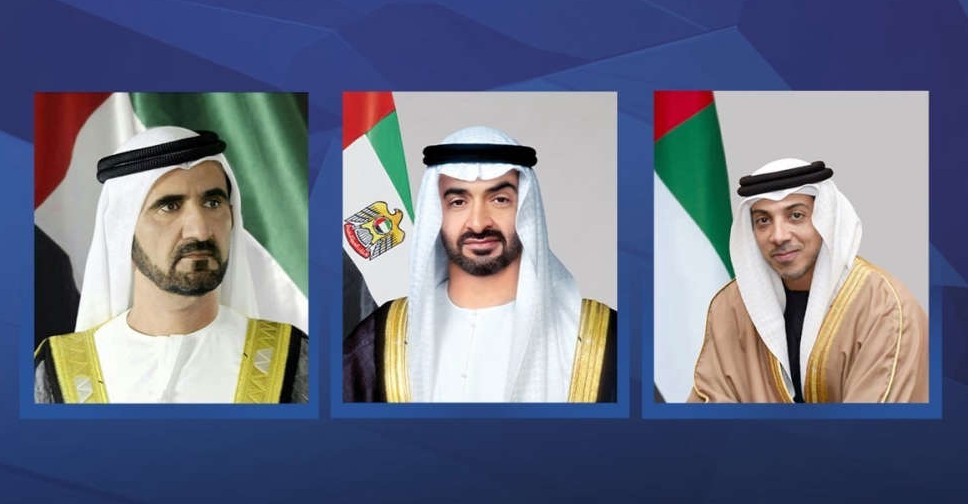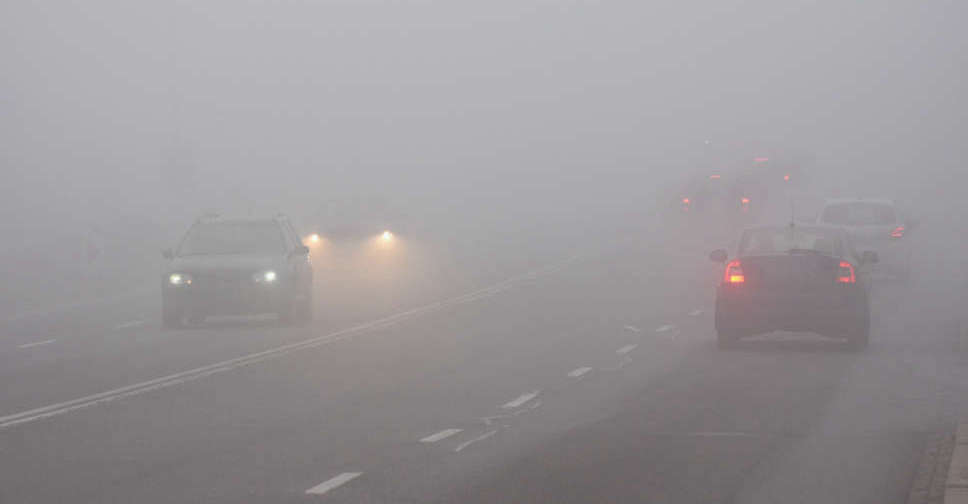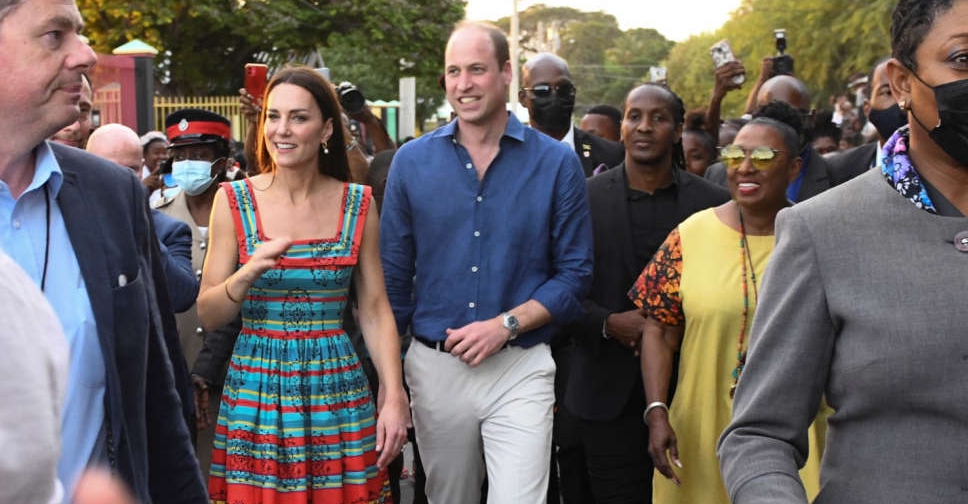
Britain's Prince William has said he supports and respects Caribbean nations' decisions about their future, as Belize, the Bahamas and Jamaica consider cutting their ties with the British monarchy.
At the end of a tour with his wife Kate that has been marked by protests about the legacy of the British Empire, William, Queen Elizabeth's grandson, acknowledged the relationship between the three Caribbean states and the Crown was changing.
"Next year, I know you are all looking forward to celebrating 50 years of independence – your Golden Anniversary," he said in a speech in the Bahamas capital Nassau.
"And with Jamaica celebrating 60 years of independence this year, and Belize celebrating 40 years of independence last year, I want to say this: We support with pride and respect your decisions about your future. Relationships evolve. Friendship endures."
His speech is the clearest indication the royal family would back the three nations ditching the queen as their head of state, echoing the decision taken by Barbados last November.
Usually, Buckingham Palace says such matters are for the local people and politicians to decide.
During her 70 years on the throne - a landmark that the tour was designed to mark - Elizabeth has watched as former British colonies have cut their ties, but she remains the queen of 15 realms, including Australia, Canada and New Zealand.
However, the tour by William and Kate, the Duke and Duchess of Cambridge, has spotlighted the waning support for the monarchy in the Caribbean. During the trip, there have been protests and calls for reparations payments by Britain and an apology for slavery.
Meanwhile, the Jamaican Prime Minister Andrew Holness told William directly at a meeting on Wednesday that his country wanted to be "independent".
Some British media have also criticised public relations mistakes that have seen the royals shaking hands with Jamaican children through wire fences and other appearances, described as "tone-deaf" blunders by the Daily Mirror tabloid because they said they appeared to be a throwback to colonial times.
The tribulations of the tour have reflected wider questions about the role and future of the royals in Britain following the scandal of a U.S. sex abuse lawsuit involving the queen's second son Prince Andrew - settled last month - and criticism of the institution from William's younger brother, Prince Harry.


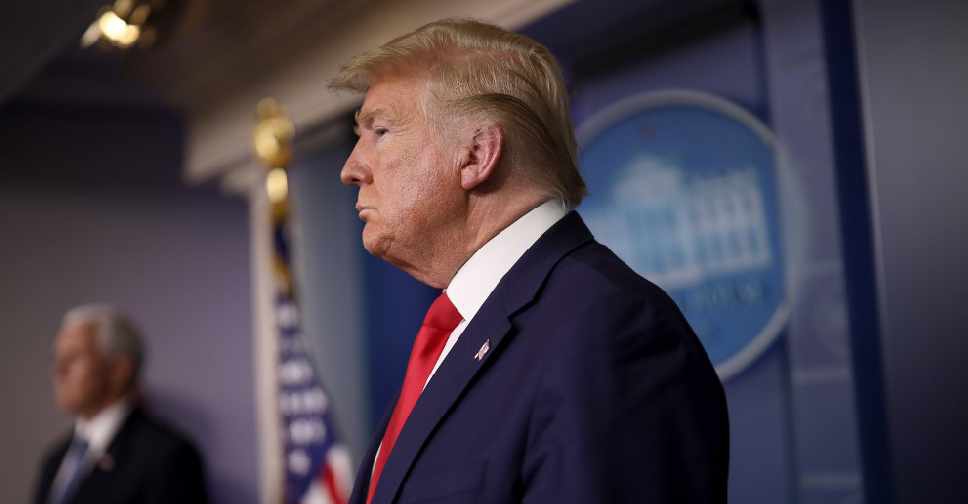 Trump signs bill to release Epstein files
Trump signs bill to release Epstein files
 Ex-Philippine mayor Alice Guo given life sentence for human trafficking
Ex-Philippine mayor Alice Guo given life sentence for human trafficking
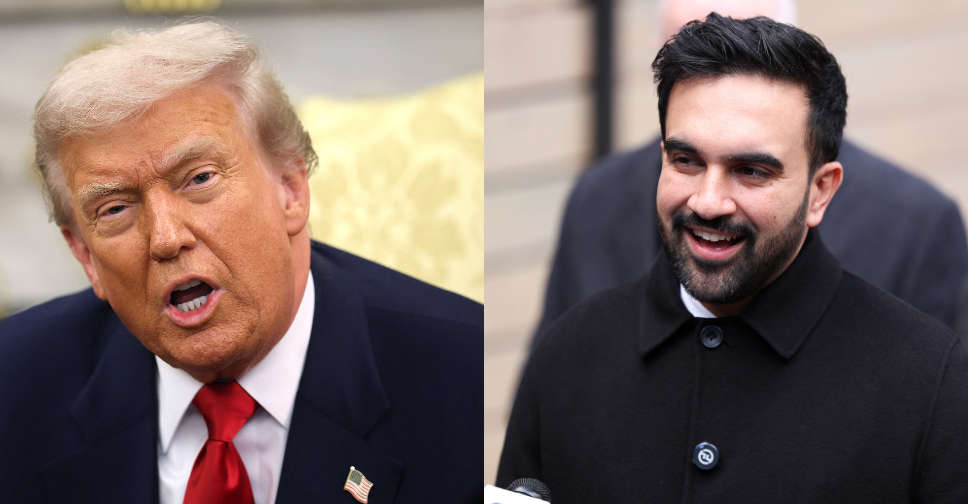 Trump to meet NYC mayor-elect Mamdani at White House on Friday
Trump to meet NYC mayor-elect Mamdani at White House on Friday
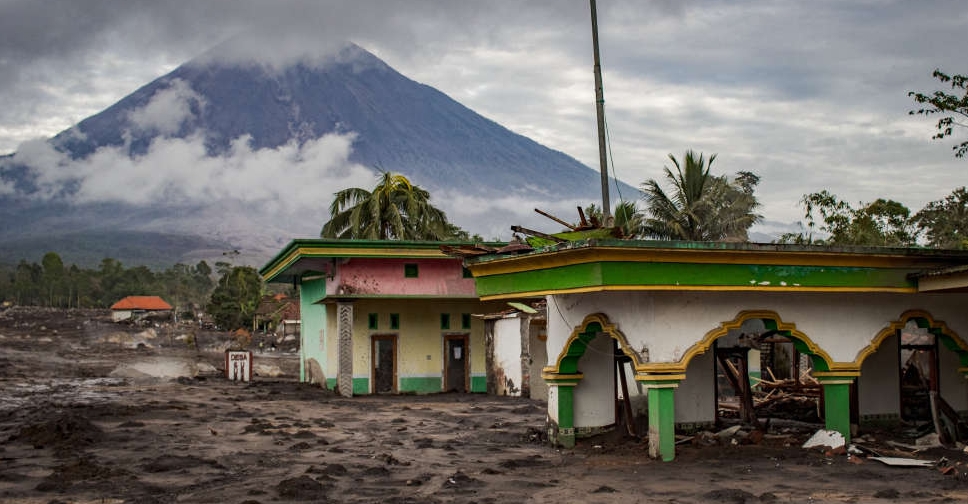 Indonesia evacuates stranded climbers after Semeru volcano erupts
Indonesia evacuates stranded climbers after Semeru volcano erupts
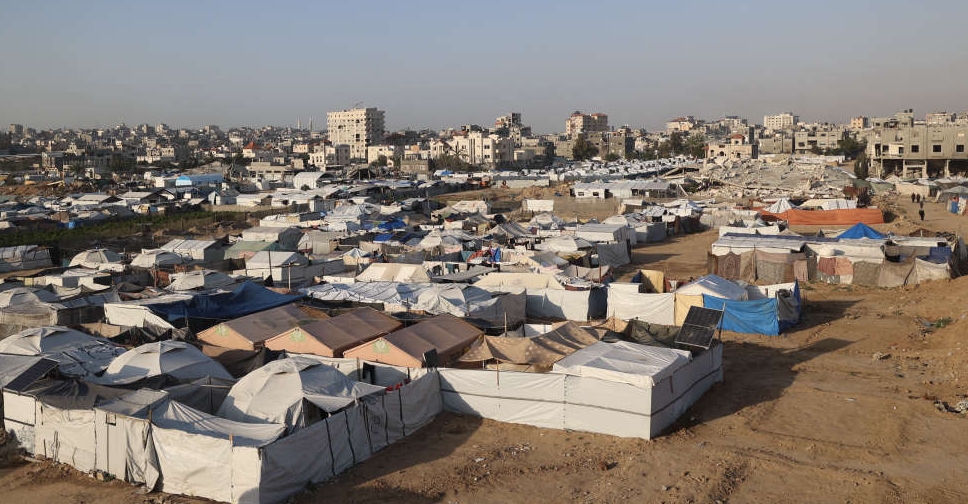 Israeli airstrikes kill 25 Palestinians in Gaza, rattling ceasefire
Israeli airstrikes kill 25 Palestinians in Gaza, rattling ceasefire

